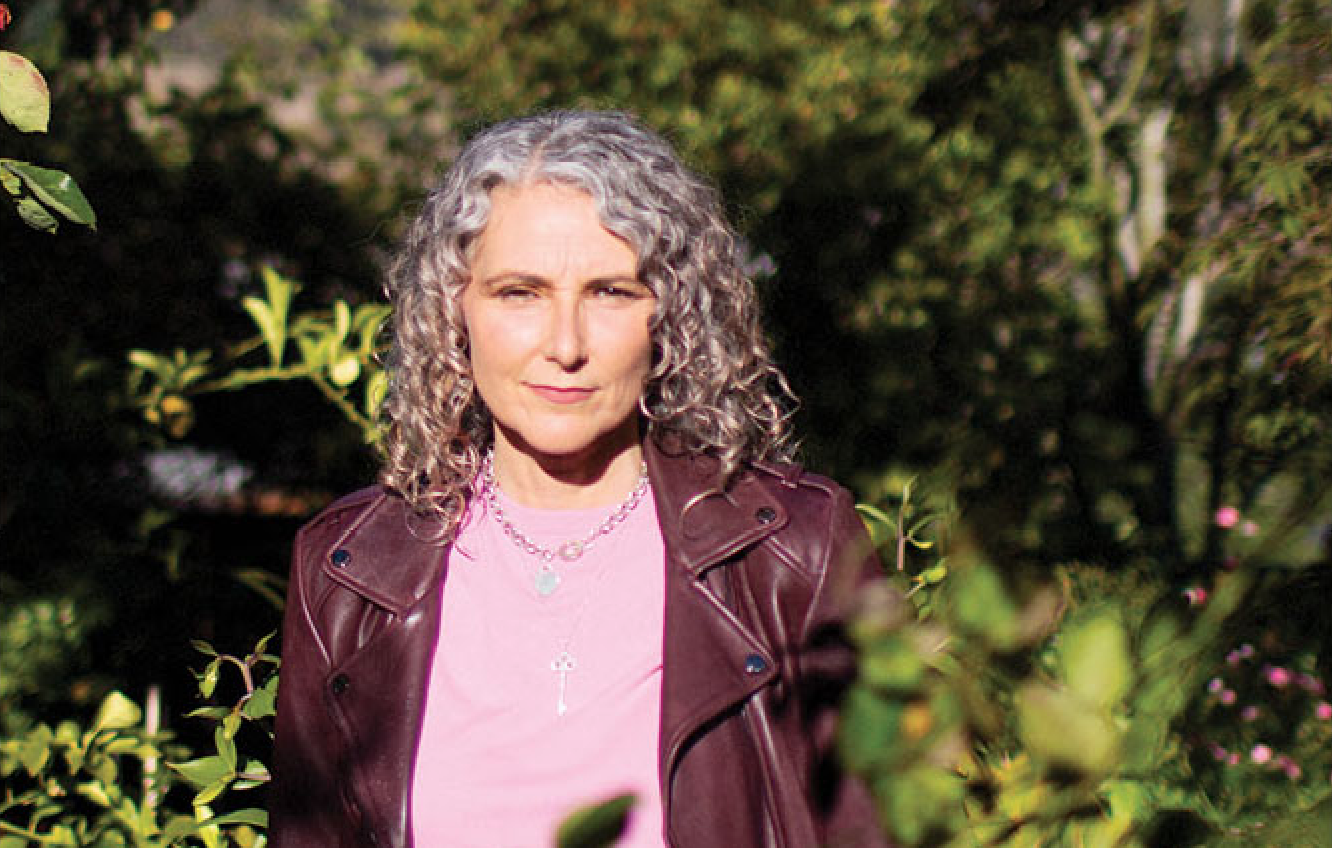
Since Ronald Reagan first implemented the Mexico City Policy in 1984, also known as the “Global Gag Rule”, every Republican President elected since then has signed this into law. The policy blocks U.S. federal funding for non-governmental organizations (NGOs) that provide abortion counseling or referrals, advocate to decriminalize abortion, or expand abortion services.
But when Trump took office in January 2017, two days after the historic Women’s March, he not only signed the GGR (which President Obama did not), he implemented an expanded version which impacted not just family planning NGOs, but all U.S. global health assistance, increasing the amount of money affected by the policy from roughly $600 million to about $12 billion in estimated planned funding in 2018. The new iteration covered work unrelated to family planning, including projects related to HIV/AIDS, nutrition, malaria, water and sanitation, tuberculosis and other infectious diseases, according to the Guttmacher Institute.
Although conservative administrations claim this law is about “protecting life” to appease “pro life” voters who voted them into power, research shows that by reducing funding for family planning organizations which use abortion as one of many methods of family planning, the Mexico City policy has had the inadvertent impact of increasing unintended pregnancies and abortions.
Countries from South Africa to Kenya and Guatemala have been suffering for years from the Global Gag Rule, and under the Trump version, the consequences are not only devastating, but chilling. We spoke with reproductive healthcare nurse Mevine Ouyo, who is based in Kenya and knows first-hand how this draconian policy adversely affects her patients.
Up until recently, Melvine worked for Family Health Options Kenya, Kenya’s oldest provider of sexual and reproductive health services. In 2018 she told NPR how pulling funding via the Global Gag Rule hasn’t deterred women from getting abortions, instead it has lead to an increase in unsafe methods being sought out. Melvine shared with us how she works to ensure her patients get the best care possible, and the positive impacts in their lives when all healthcare options are funded.

Tell us first about your nursing background and how you came to specialize in the area of reproductive health?
Three years after obtaining my nursing degree in 2005, I joined the Family Health Options Kenya (FHOK), a leading sexual and reproductive health nonprofit in Kenya. While at FHOK, and later through my time at Harvard University while I obtained my Master’s in Public Administration, I gained experiences that provided me the opportunity to sharpen my practical and advocacy skills that has helped me be the healthcare provider and activist that I am today.
A moment that I often look back to for example, was when I was a student nurse with a 13-year-old girl who lost her uterus due to an unsafe abortion, which left me devastated. Even though I had not been trained in artificial family planning at the time, I knew that access to sexual education would have tremendously helped this young girl.
I’d worked with many women and girls who have suffered from domestic violence, teenage pregnancies and early marriages, and I kept wondering why they had to go through these types of struggles. These women and girls and their losses were the driving force and my motivation to become the advocate that I am today for sexual and reproductive health.
Working in Kenya, you see firsthand the effects of international funding for services that help women and girls. Can you share some most prominent ways their lives improve when clinics get funding?
When clinics get funding, it helps women and girls’ general health and wellbeing, enabling them to contribute positively to society. For instance, contraceptive funding allows women and girls the access to family planning, which in turn provides the opportunity to acquire education, employment, and enables them to have planned families that they can take care of.
The availability of funding also provides opportunities for health promotion and education, which subsequently improves communities’ health seeking behaviors. When people are aware of available services and where to find them, they are less likely to experience health complications. Education empowers women and gives them the resources to make informed decisions.

Since Ronald Reagan, every Republican president has signed into law the “Global Gag Rule”, but Trump signed an even more regressive version of this. Can you tell us how this version has negatively impacted the work you and other clinics do?
The results have been devastating. As clinics shut down, whole communities are losing access to family planning, cervical cancer screenings, HIV/AIDS prevention and treatment, and a slew of preventative health care procedures.
Trump’s chokehold on global health aid has forced clinics to close, as well as cut off access to birth control and safe abortion, with life-threatening consequences. 218 million women across the developing world who want to prevent pregnancy still have an unmet need for modern contraception. The Global Gag Rule exacerbates this problem. Up to 31,000 women and girls die every year from complications from unsafe abortion. Millions more suffer severe and often permanent injury.
Republicans focus on abortion, claiming the Global Gag Rule is about “protecting life”. Can you explain how misguided this notion is, and why funding safe and legal abortion care in relation to other reproductive services is important?
There’s no such a thing as “protecting life” if we can’t protect the lives of women by denying them essential services and access to their fundamental human rights. Funding safe and legal abortion is as essential as funding any other reproductive service because they’re inseparable. For instance, without adequate family planning services, women are left vulnerable and at risk of unplanned and unwanted pregnancies, forcing them to try every possible means to abort on their own.
When funding is eliminated because of a policy like the Global Gag Rule, what other crucial health services get diminished?
Under Trump’s GGR, several services are affected including family planning services (as was evidenced with defunding the United Nations Population Fund, which has limited access to contraception for many women and girls across the world), screening and treatment for HIV, TB and cancers of reproductive organs, access to gender-based violence services and finally pregnancy and childcare services.

What are some ways your clinic and others in Kenya are working to continue providing services despite the GGR still being in effect? And are other countries providing funding?
Impacted organizations like Family Health Options Kenya and others were forced to shut down several of their clinics, terminate projects, reduce activities and lay off staff members in order to remain with a few clinics or projects that they could sustain.
Additionally, many clinics are charging fees on services that were previously free, making it so hard for poor and vulnerable women and girls to access essential care.
Furthermore, a few organizations were forced to compromise, and they signed the gag rule to keep serving their community. For instance, take the BAR HOSTESS-organization in Kenya serving sex workers. They had to sign the odious policy and abandon abortion-related services in order to continue their work helping the vulnerable.
In response to the GGR, several other countries including the Netherlands, Belgium, Denmark and Sweden have joined a global movement “She Decides,” which provides alternative funding for severely impacted organizations. Meanwhile the Population Connection Fund is working to pressure lawmakers in the U.S. to permanently repeal the GGR through legislation like the Global Health Empowerments and Rights Act, which has already been introduced in Congress.
How would you explain to someone so focused on the issue of abortion to look at reproductive healthcare as a spectrum, as opposed to something so black and white?
Reproductive health is broad and includes arms such as: contraception, STIs, HIV, reproductive cancers, sexuality education, pregnancy and delivery, and newborn and child health. Abortion is just a small element of reproductive health, but unfortunately cannot be discussed in isolation from the others. Why? Because spontaneous and threatened abortions occur in normal pregnancies and to women in dire need of babies. When such happens, those women need to access safe and quality services from skilled providers to save their lives.
Can you share any specific stories about the women you have served and how their lives have improved due to access to safe abortion care?
I recently conducted interviews on abortion access with providers and patients. One provider, Duncan, shared how a 13-year-old girl’s life was redefined after she accessed a safe abortion from his clinic. The patient had been raped and impregnated by her maternal uncle. Following a safe abortion procedure, the patient now has a second chance to continue with her education.
In 2014, Ann (pseudonym), a law student at the University of Nairobi received a safe abortion service at one of FHOK’s clinics. She also received a five-year contraception implant. Today, Ann is happily married expecting her first child and confesses that the safe procedure helped her complete her studies and find a job, allowing her time to plan for marriage and childbearing.
How do you hope healthcare workers and activists can work to push for better reproductive rights in Kenya, and around the world?
First and foremost, healthcare workers must uphold our oath “Do no harm,” and they must be advocates on behalf of their patients.
Second, be cognizant that reproductive health is a fundamental human right (as declared by all nations at the 1994 International Conference on Population and Development in Cairo). It is my hope that Kenyan providers and activists will untiringly and relentlessly rise, speak up and fight to protect this fundamental right.
What is the #Fight4HER campaign and how is it involved in helping clinics in Kenya?
#Fight4HER is a grassroots campaign made up of activists, organizers and community leaders around the U.S who are working together to take direct action that puts pressure on members of Congress to support international reproductive rights. Recently, they’ve pressured elected officials to support policies such as the Global HER Act, as well as demanded that Senators vote against Amy Coney Barrett’s nomination to the Supreme Court.
[editor’s note: this interview was conducted before Barrett’s confirmation to the Supreme Court in late October]
Leading up to the U.S. presidential election on November 3, the #Fight4HER organizers are worked hard to get out the vote for candidates who will stand up for reproductive rights in the U.S., Kenya, and around the world.
The campaign has helped Americans understand the harmful effects of the Global Gag Rule, and the need to take action to repeal this terrible policy. Through #Fight4HER, young advocates have raised their voices on behalf of women and girls’ right to affordable and accessible healthcare.
You can learn more about Melvine’s work at FHOK by clicking here, and support the #Fight4HER campaign here.

















